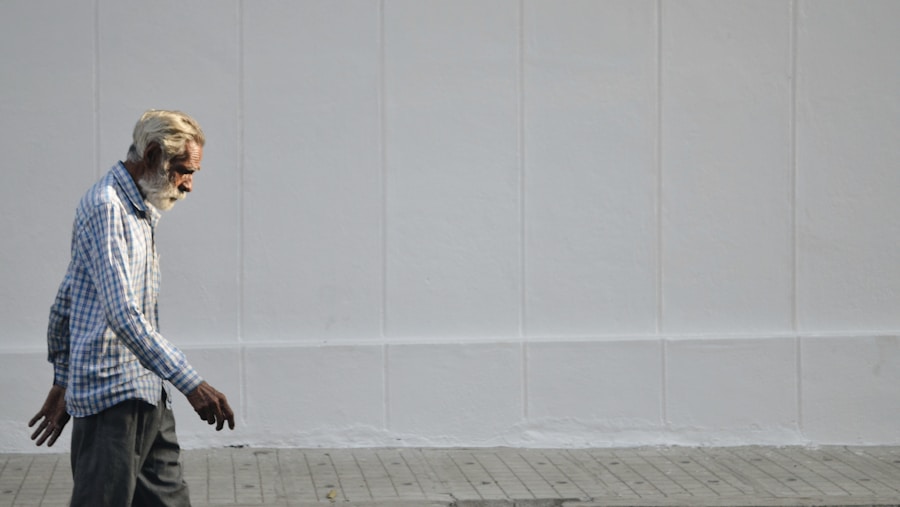The Cost of Care: Are Care-Home Fees Outpacing Inflation in the UK?
Care-home fees in the UK have been a topic of concern for many years, as the cost of care continues to rise at a rate that outpaces inflation. This has put a significant financial strain on both residents and their families, as well as the government and healthcare providers. The issue of care-home fees is […]
The Cost of Care: Are Care-Home Fees Outpacing Inflation in the UK? Read More »









